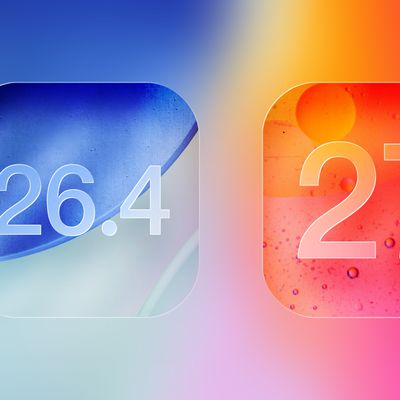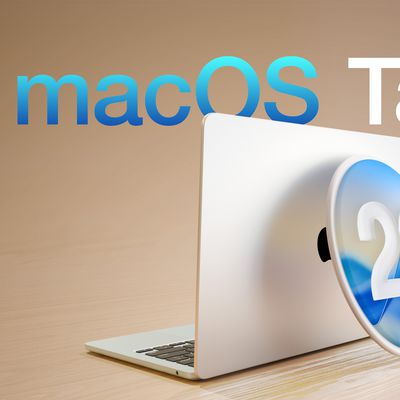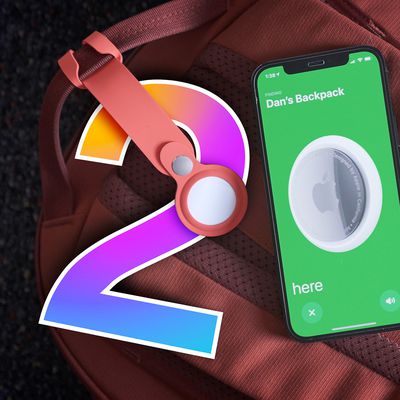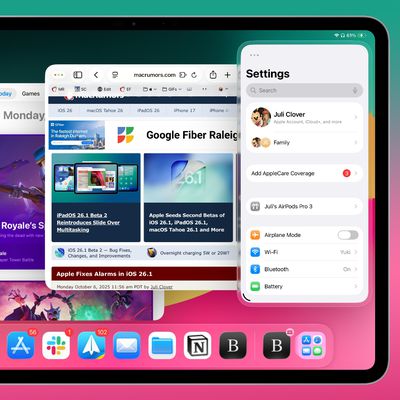Apple is hiring engineers to work on next-generation 6G wireless technology, based on job listings spotted by Bloomberg's Mark Gurman.
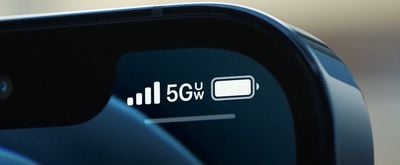
The listings are for positions at Apple's offices in Silicon Valley and San Diego, where the company works on wireless technology development and chip design, according to Gurman's report.
"You will have the unique and rewarding opportunity to craft next generation wireless technology that will have deep impact on future Apple products," according to the job announcement. "In this role you will be at the center of a cutting-edge research group responsible for creating next generation disruptive radio access technologies over the next decade."
People hired for the positions will "research and design next generation (6G) wireless communication systems for radio access networks" and "participate in industry/academic forums passionate about 6G technology."
Apple only adopted 5G connectivity in its iPhones last year, and 6G isn't expected to roll out until around 2030, but the job listings indicate Apple is eager to get involved at the earliest stages in the development of the new technology.
Late last year, Apple joined the Next G Alliance, an industry group set up by the Alliance for Telecommunications Industry Solutions (ATIS) that seeks to "advance North American mobile technology leadership in 6G and beyond over the next decade, while building on the long-term evolution of 5G."
The Next G Alliance held its first meeting for members in November to set the initiative's overarching direction and strategy. The other members of the group include Charter, Cisco, Google, Hewlett-Packard, Intel, Keysight Technologies, LG, Mavenir, MITRE, and VMware.
In September, AT&T said that it already has engineers working on next-generation 6G networking. Some analysts say the technology could enable speeds more than 100 times faster than 5G, but again, the technology isn't expected to arrive for several years to come.
The move continues a trend of Apple preferring to develop in-house hardware for its devices, rather than relying on third-parties. In 2019, Apple and Qualcomm settled a legal battle and reached a multiyear chipset supply agreement that paved the way for Apple to use Qualcomm's 5G modems in iPhone 12 models.
Beyond that, a court document from the settlement revealed that Apple will likely use the the Snapdragon X60 modem for 2021 iPhones, followed by the world's first 10 Gigabit 5G modem, the Snapdragon X65, in 2022 iPhones.
The Snapdragon X65 could be the last Qualcomm modem used in iPhones, however, as Barclays analysts and multiple other sources have forecasted that Apple will switch to its own in-house 5G modem for iPhones by 2023.


